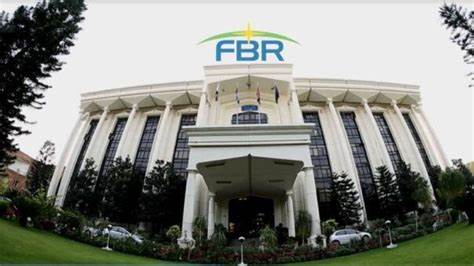Islamabad, Aug 22: When it comes to the purchase and sale of real estate, the Federal Board of Revenue (FBR) cannot retroactively apply higher withholding tax rates by designating “return filers” as “late filers” even when they timely filed their returns within the previous three years’ extended deadlines. FBR new tax rules are clarified according LHC decision.
In accordance with the Lahore High Court’s orders, the Corporate Tax Office Lahore has released this significant legal clarification.
The Income Tax Ordinance, 2001, section 236K, has issued an order for the payment of regular tax.
The taxpayer is an association of persons (AOP), as shown by their appearance on the Active Taxpayer List and their timely filing of taxes during the previous three years, or their extended filing of returns over those three years.
The clarification states that if a person has filed a return by the deadline indicated in section 118, by the deadline as extended under section 119, or by section 214A for the previous three years, the provisions of section 100BA of the Ordinance, 2001 are not applicable. Regarding the e-filing of returns for the previous three years, this office has examined relevant records provided by the taxpayer and records that show the following position:
According to the statistics, the taxpayer has submitted their income returns for the previous three years, from 2020 to 2022, within the extended period allowed by section 119 of the Ordinance, 2001.
As a result, the application for the late filing rate for the purposes of section 236K of the Ordinance, 2001 is not applicable in the taxpayer’s case until September 30, 2024, per the proviso of subclause (b) of clause IA of section 100BA of The Ordinance, 2001.In light of the aforementioned facts, the taxpayer has filed its income return for the tax year 2023 after the deadline.
Nevertheless, the taxpayer is exempt from applying the enhanced withholding tax rate for the purposes of section 236K of the Ordinance, 2001 regarding clause (IA) of section 100AB of the Ordinance, 2001 until 30.09.2024, or until the taxpayer files a return for the tax year 2024, whichever comes first, according to FBR.









